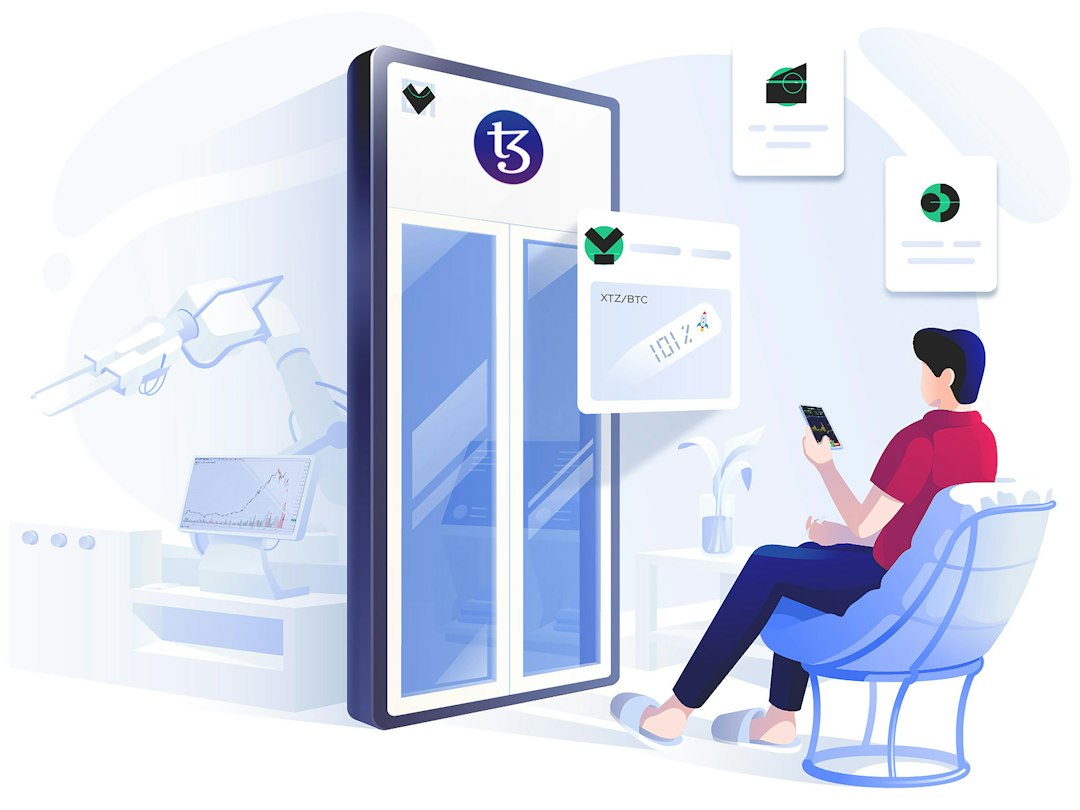Google Seeks Dismissal of Lawsuit Alleging Privacy and Property Rights Violation
Google is fighting against a proposed class-action lawsuit that accuses the company of violating the privacy and property rights of internet users by scraping data for its artificial intelligence (AI) models. In a motion filed in a California District Court, Google argues that using public data to train AI chatbots like Bard is not stealing or an invasion of privacy. The lawsuit was initiated by eight individuals who claim to represent millions of class members, including internet users and copyright holders. They allege that their privacy and property rights were violated due to a change in Google’s privacy policy allowing data scraping for AI training purposes.
Google’s Defense
Google asserts that the complaint fails to address how the plaintiffs have been harmed by the use of their information. The company argues that the lawsuit is based on false premises and warns that it would have detrimental effects on both Google’s services and the concept of generative AI. Google also dismisses claims that the lawsuit raises doomsday predictions about AI, stating that it concerns irrelevant conduct by third parties.
Lawsuits Against Tech Giants
This case is one among several lawsuits targeting major tech companies involved in developing and training AI systems. Meta, formerly known as Facebook, also faced allegations of copyright infringement during AI training in September. As these legal battles continue, it remains to be seen how courts will navigate the complex issues surrounding privacy, property rights, and AI technology.
Hot Take: Google Defends Its Use of Public Data for AI Training
In response to a proposed class-action lawsuit, Google has filed a motion seeking dismissal on grounds that using publicly available information for AI training does not constitute theft or invasion of privacy. The company argues that such a lawsuit would not only impact Google’s services but also undermine the very concept of generative AI. This case is part of a larger trend where tech giants face legal challenges regarding the development and training of AI systems. As the legal landscape evolves, it will be interesting to see how courts address the intersection of privacy rights, property rights, and AI technology.





 By
By
 By
By
 By
By
 By
By

 By
By